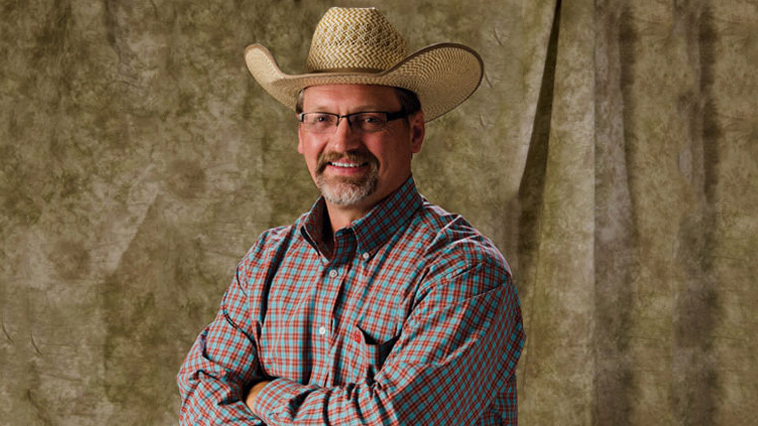


True (COVID-19) Tale
By Billy Smith
It was my brother’s first visit to our North Texas home. Odd that he would show up unannouncedat 3 a.m. on a Saturday. I was up anyway, sitting on the porch and hoping the brisk December air would somehow win in a battle of wills over the COVID-19 invasion that had spiked my body temperature to a brain-broiling 104 degrees.
My mother had once bathed me in an ice bath to do the same when diphtheria turned me into a fleshy heat-generator. Nowadays people don’t whisper much about diphtheria and almost no one knows anyone who has contracted it. I’m the only person I know who has witnessed doctors pull the slimy excretion from their lungs that diphtheria generates as if it were part of an assembly line of gunk. It’s a medical vestige. Cases fell from highs of 18,000–20,000 a year in the 1940s and ’50s to a few dozen by my birth in 1961 and virtually none today. Diphtheria is in a place where we wish COVID-19 would go, into the scrap heap of human malady. Even with vaccines rolling out of the clean rooms, COVID-19 hangs on.
My brother and I sat on the front porch—he bundled in a wool jacket, and me in a t-shirt and sleeping pants, wishing nature would counter-punch itself by driving my internal steam engine into a paltry pilot light. He fired up a dark Macanudo and somehow an amber drink of some sort appeared on the coffee table nestled next to the wooden planter I created with my 2-year-old grandson. I’d never seen my older brother so relaxed. Maybe watching the old Paint gelding graze in the warm bath of moonlight took away whatever worries he harbored. Maybe the silence of country living gave him a newfound peace. Or maybe sitting six feet from a COVID-19-infected sibling was more than he could discuss.
For a couple of hours we talked about growing up in West Texas amongst the animals and cotton fields. We chuckled about how we ever survived that Welsh-Shetland cross that could find any variant of tree among the vast brown nothingness of West Texas upon which to scrap us off. We battled over who was the best at launching bottle rockets from one grain-bin bunker to the other. How we generally survived with hearing intact despite our best efforts to puncture any eardrum during July 4 celebrations. We shared unspeakable tales about family members both admired and maligned.
Then we sat in silence for what seemed like hours. We’ve always been able to do that. Silence between my brother and me is a function of comfort rather than the offspring of tumult. Silence really was golden.
He finished his drink, took a final drag on his now-stubby Macanudo, and left, mysteriouslywithout a whisper or a goodbye. It seemed even more odd that he would travel 400 miles just to sit on the front porch with me for a couple of hours before vanishing. It seemed thoughtless on his part to just walk away without so much as a menial goodbye. He’s not much on formalities; he’s not rude either. So, it was generally unorthodox for him to vanish without even the tiniest of manners.
After his rude withdrawal, I made my way back to bed and woke up a few hours later with a little less fever and feeling much closer to normal than the night before. Curious about the night’s events and my brother’s peculiar appearance and equally strange disappearance, I pulled from my phone the camera index from the home-security system that keeps guard over my place when I’m not around.
There I was at 3:06 a.m. rocking in the white wicker chair, trying to exorcise the demons of COVID-19 amongst the tingle of winter air in North Texas. But there was no brother. I had hallucinated the entire exchange as vividly as if we were back hoeing the cotton fields of our youth. I called him later that morning. Thanked him for the visit that never was, then chastised him for his fleeting stay and uncouth departure.
“What are brothers for?” he quipped.